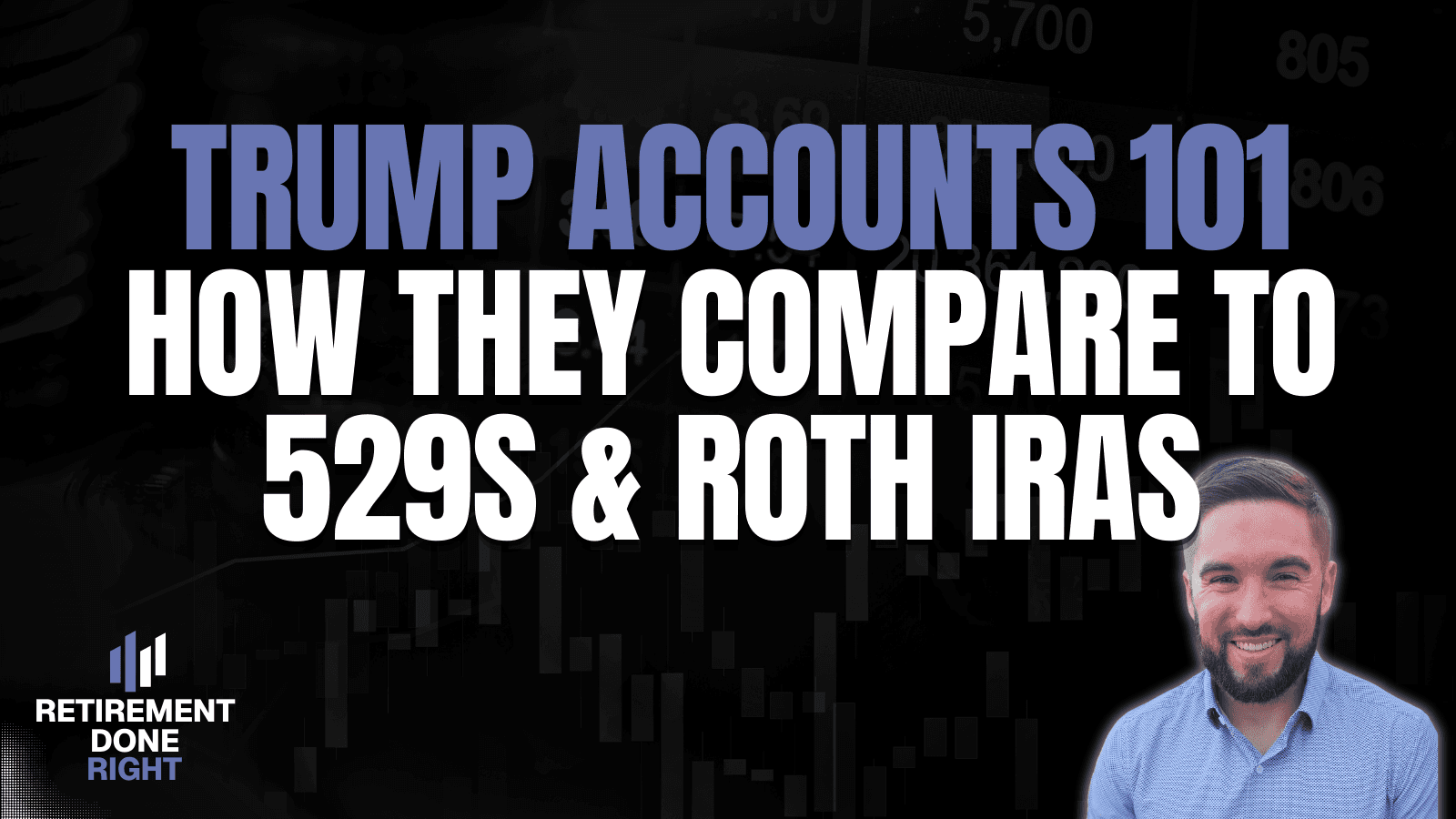Nov 3, 2025
Financial Advisor Red Flags: What "Fiduciary" Really Means & How to Spot Bad Advice
Introduction
Hosted by Pat Kalish & Andrew Heuss
The term "financial advisor" is used so broadly that most people don't know what services they're actually getting. In this revealing episode, we break down the industry's evolution from stockbrokers to holistic planners—and give you the questions to ask to avoid costly mistakes.
To skip straight to the video, click here.
Navigating the world of financial advice can be confusing. With terms like "fiduciary," "holistic planning," and "AUM fee" being thrown around, how do you know you're getting advice that truly puts your interests first?
In a recent podcast, industry experts broke down the essential questions you need to ask to ensure your retirement plan is in the right hands. Here are the key takeaways in a simple Q&A format.
Q1: What is a fiduciary financial advisor, and why is it so important for retirement planning?
This is the most critical question you can ask. A fiduciary is legally and ethically bound to act in your best interest. The podcast highlights the crucial difference between a "suitability" standard and a "fiduciary" standard.
Suitability: An advisor operating under this standard only needs to ensure a product is suitablefor you. It might work, but it may not be the best option available.
Fiduciary: An advisor who is a fiduciary must provide the product or service that is the best for your specific situation and long-term goals.
The key takeaway? The term "fiduciary" is widely used, so you must do your due diligence. Don't just take their word for it; ask probing questions about their process to ensure they are truly providing best-interest advice.
Q2: What are the red flags I should look for when choosing a retirement planner?
The experts outlined three major red flags that should make you reconsider an advisor:
They Are Evasive About Fees: If an advisor hesitates or avoids clearly explaining how they get paid, "that's a red flag right away." Transparency is non-negotiable.
You Don't Understand the Plan: Your advisor's job is to be an educator. If you feel pressured to implement a strategy you don’t quite understand, it’s a sign to walk away.
They Push for a Quick Sale: An advisor should never try to sell you a specific product or policy during the first meeting. As one host stated, "If they haven't done their due diligence... you should not be doing anything the first visit." A proper advisor needs to fully understand your financial picture first.
Q3: What does "holistic financial planning" actually mean, and how is it different from basic investment management?
Many advisors claim to offer holistic planning, but what does it entail? True holistic planning is about building your entire financial "house," not just installing the plumbing.
As explained in the podcast, investment management is just one "room" in that house. A holistic process involves deep discussions about:
Cash Flow & Income Planning: Understanding your income versus expenses in retirement.
Crisis Management: Ensuring proper insurance (e.g., life, long-term care) is in place.
Tax Planning: Strategizing to minimize your tax burden throughout retirement.
Estate Planning: Ensuring your assets are passed on according to your wishes.
Savings & Goal Planning: Aligning your savings with life goals, like buying a home or expanding your family.
The advisor’s role is to be the "contractor," coordinating all these pieces into a cohesive, actionable plan that gives you confidence.
Q4: How should a financial advisor get paid, and what hidden fees should I look out for in retirement planning?
Understanding fees is essential, as every dollar you pay is a drag on your long-term returns. The podcast covered several models:
Commissions: An old-school model where the advisor is paid for selling products. This can create a conflict of interest, as they may be incentivized to recommend products with higher commissions.
Assets Under Management (AUM): A common model where you pay a percentage (e.g., 1%) of the assets they manage for you. The key question to ask here is, "What does that fee cover beyond just investment management?" It should include comprehensive financial planning services.
Flat/Subscription Fees: A newer model involving a fixed annual or monthly fee for planning services. This can be great, but ensure the advisor is also handling the implementation of the plan, not just the conversation.
Crucial Warning: Be aware of hidden product fees. You could be paying a 1% AUM fee plusanother 1% in internal mutual fund expenses (expense ratios), meaning you're actually paying 2% annually. Always ask, "Are there any additional product or platform fees I should be aware of?"
The Bottom Line:
Your retirement is too important to leave to chance. Arm yourself with these questions, seek an advisor with a transparent, holistic process, and always ensure you fully understand and are comfortable with the plan and the costs. A true partner will welcome these questions and provide clear, confident answers.




